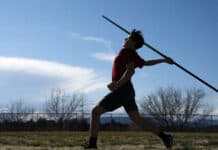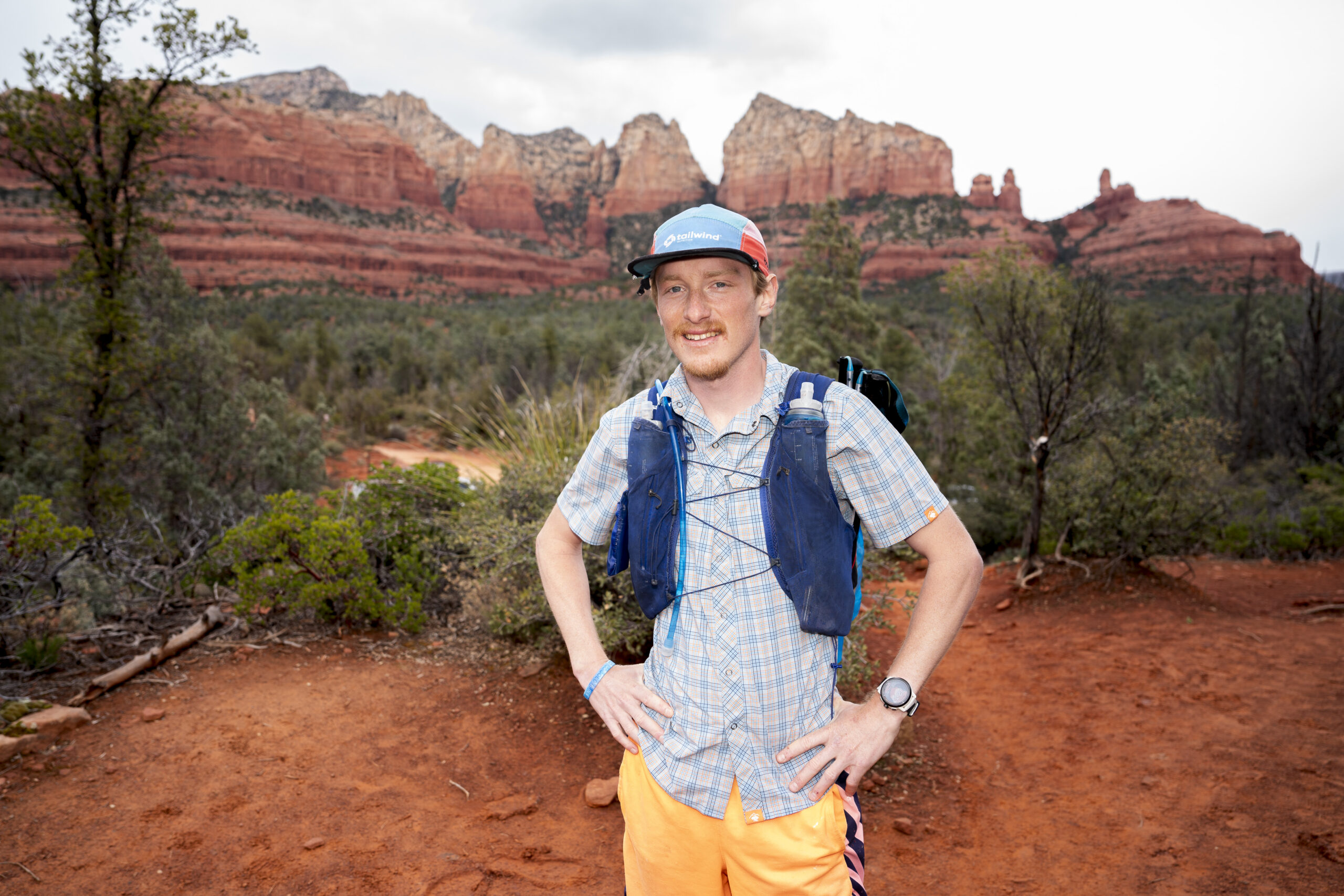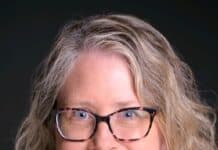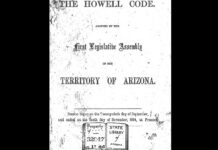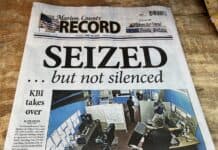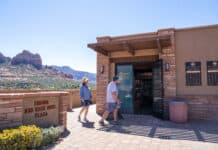
The Sedona City Council’s decision to rezone part of the Sedona Cultural Park to create a car camp for homeless workers is now facing a referendum petition that may allow the public to confirm or reject the council’s decision via a vote on the November ballot.
“If the city does pass this misbegotten zoning ordinance, I have already prepared, and tomorrow I will file, for a ballot referendum so the people of Sedona can correct that mistake,” Sedona resident Bill Noonan told council during public comment on the proposal on March 12, before the council voted 6-1 to approve the car camp.
“We had to form a political action committee,” Noonan explained on March 15. “It’s called the Save the Cultural Park Committee … Once we had that committee, we filed an application with the city clerk for a serial number in order to circulate the petitions, and then I had to put that serial number on all of the petitions and generate them … There are so many hoops to jump through just to get to the point where you can circulate it that I didn’t have it all done [by Thursday].”
“This petition seeks to refer Ordinance No. 2024-01 [the “Ordinance”], as approved by the Sedona City Council on March 12, 2024, to the City’s voters for their rejection or approval,” the group’s application for a referendum states. “The Ordinance approves a change to the current ‘Planned Development’ zoning of Yavapai County Assessor’s parcel 408-47-009A [located northwest of the intersection of W. State Route 89A and Cultural Park Place] by adding the City’s ‘Safe Place to Park’ program as a permitted use of the parcel through June 30, 2026.”
The Save the Cultural Park Committee is working with an election lawyer in Phoenix for legal advice. Noonan is serving as the committee treasurer and West Sedona resident Jim McCabe as the chairman. In addition, 45 residents have already volunteered to collect signatures, which, in Sedona’s case, is a task complicated by the city straddling two counties, as separate petitions will be required for Yavapai and Coconino counties.
“I can’t print petitions fast enough to keep up with the demand,” Noonan said. “I’ve been handing out petitions all morning and I need to go over to the printer and have more printed later today. People are currently circulating. I have meetings tomorrow and the next day to hand out more petitions.”
Getting the referendum on the ballot will require a minimum of 597 signatures, equal to 10% of the number of registered voters in Sedona. The deadline for submitting the signatures to the city clerk’s office is 5 p.m. on Thursday, April 11.
Unlike in a recall election, there is no cap on the number of signatures that can be submitted.
“I don’t think it’s going to take until April 11,” Noonan said. “As soon as we have at least 1,000 signatures, we will probably turn in the petitions at that point. We want to have extras … I think we could get 2,000, maybe even 3,000, but I think if we go too far overboard, it will bring in more signatures that may be invalidated.”
“We do recognize that there is a need to have a place for people who are living in their vehicles to stay overnight, but right next to the stage of the amphitheater is not that place,” Noonan added. “If this zoning change goes into effect, that’s going to tie up land right next to the stage for a period of two years. If that happens, that amphitheater will never come back to life … I think it will be difficult to get foundation grants or private investors interested under those circumstances.”
If the committee obtains a sufficient number of signatures, the Cultural Park zoning will appear on the November election ballot alongside four open council seats; the current holders of three of these seats are running for reelection. Mayor Scott Jablow and Councilwoman Kathy Kinsella supported the camp, while Vice Mayor Holli Ploog voted against it and stated that she would sign the petition to submit the zoning to the electorate.
The two candidates for the fourth seat, currently held by Councilwoman Jessica Williamson, are Derek Pfaff and Mike Ward. Williamson is leaving office.
“I believe a car park for homeless workers is little more than a feel-good band-aid for a national and local housing crisis that in a tourist-dependent town even affects middle-income earners,” Ward said.
“I think the SPTP program is a good way to help some of Sedona’s homeless workers and that the city made the correct decision,” Pfaff said. “If residents think otherwise, then it’s their prerogative to challenge that decision via referendum. That’s democracy in action.”
If the referendum organizers can collect enough signatures to place the question on the ballot by the April 11 deadline, the city ordinance authorizing the rezoning will be suspended from taking effect until after the voters approve or reject it in November.
“We have hundreds of signatures in the first weekend of circulating the petition,” Noonan said on Monday, March 18.









